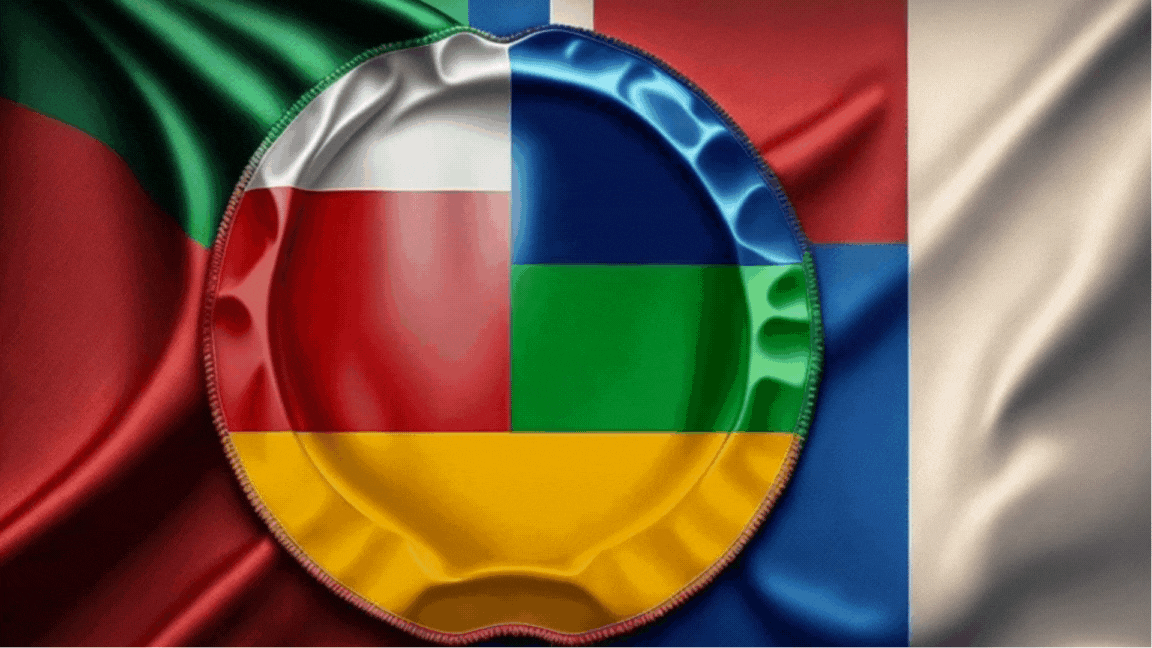The Latin American Report # 560

In a show of political muscle, Bolsonaro supporters massively demonstrated across Brazil in opposition to the judicial process advancing in the country's highest court against the former president. Simultaneously, it was a demonstration of rejection towards the leadership of Lula da Silva, who is serving as head of the Planalto Palace for the third time, having defeated Bolsonaro in a close and highly polarized election in 2022. These Sunday protests occur at a time of maximum political tension, following the implementation of tariffs of up to 50% on some Brazilian products in the United States, although Washington refrained from including others that would more significantly compromise its domestic market stability. This issue started with the usual discourse about trade imbalance, but Trump was ultimately clear in linking his tariff attack against Brasília precisely to that trial against Bolsonaro, which he labels a "witch hunt."
The protests took place in 74% of Brazilian state capitals and other cities across the vast geography of the South American giant, and particularly targeted the precautionary measures imposed by high judge Alexandre de Moraes against Bolsonaro, who provoked him again, at least indirectly. In a show of "political organicity", the protesters showed their support for the White House's move, a highly debatable decision given that various sociopolitical national factors, including many opposed to Lula, have rejected the blatant Trumpist political-commercial "diplomacy" as it represents an extraordinary attack on the sovereignty of Latin America's largest economy.
EFE journalists note that, although massive, attendance was lower than on other occasions when the "green and yellow" tide was summoned, perhaps because Bolsonaro himself could not attend because of a weekend curfew imposed by De Moraes, although he spoke when his son activated the speakerphone mode during a call. People are also demanding amnesty for all those prosecuted for coup-related actions, but right now, making that decision would be a political fiasco for the judicial and executive branches.
Chile
In Chile, the bodies of six workers who lost their lives after a significant segment of the "El Teniente" mine collapsed were finally recovered. The event was caused by a tremor whose cause is still under discussion. "What we can guarantee is that we will conduct an objective investigation and we will invite all those who want to cooperate in it (...) We do not have a fixed hypothesis, it is a totally open investigation," acknowledged Aquiles Cubillos, prosecutor of O’Higgins, the region 120 kilometers south of the Chilean capital, where "El Teniente" is located. Last year, according to EFE, it produced 356,000 metric tons of fine copper from the exploitation of over 4,500 kilometers of tunnels. Thus, approximately 3,300 tons of material produced by the collapse had to be removed to reach the bodies. This would be the most serious accident in the last 35 years related to copper production, and involved people who were also present in the high-profile rescue of 33 miners trapped 15 years ago in a mine in the north of the country.
Colombia
From the Nariño House, officials report that five tons of cocaine were intercepted at the port of Cartagena, from where they were to be shipped to ports in Europe (the Netherlands and Germany) and Central America (Guatemala and Honduras). The drugs were camouflaged in products like chili paste, magnesium silicate, and powdered panela. "This event constitutes a significant blow to the finances of criminal structures and another step towards building a country at peace and with legality," said President Gustavo Petro.
Mexico
A riot at the so-called Social Rehabilitation Center in the port of Tuxpan, a prison located in the northern region of Veracruz, ended with the painful toll of seven inmates dead and eleven people injured. According to reports, the problem was triggered by protests from a group of inmates against extortion and acts of violence perpetrated (or promoted) by a criminal organization calling itself "Sombra" (Shadow). The rebelling inmates set fires inside and outside the penitentiary and controlled it for more than half a day until Sunday morning, when agents from various security agencies managed to enter and regain de facto jurisdiction there. Meanwhile, in Guanajuato, the Prosecutor's Office initiated an investigation yesterday into the murder of six people.

Posted Using INLEO